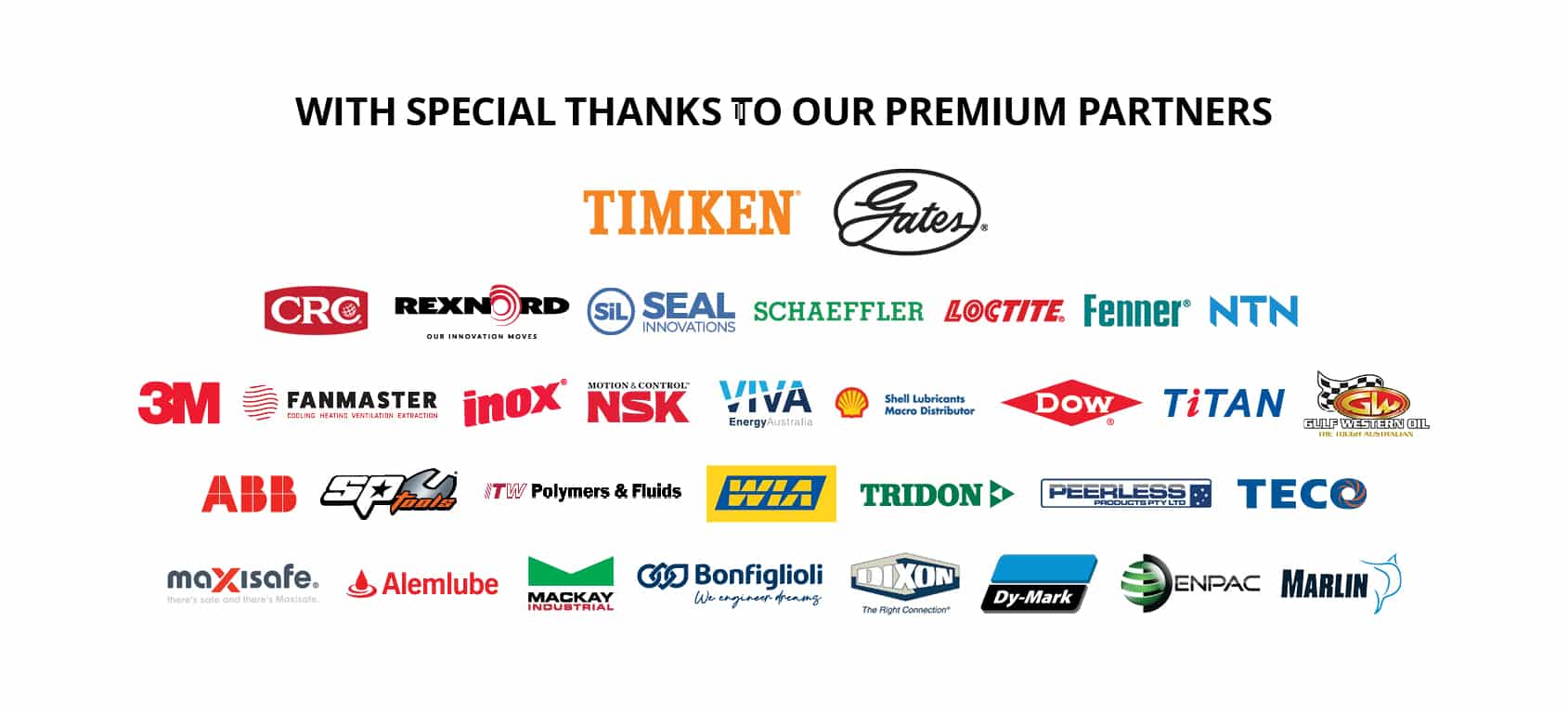
14 Feb Preventing unplanned shutdowns: What’s the real fix?
Two key areas that mining operations could improve upon to prevent unplanned shutdowns and increase throughput are equipment reliability and documented predictability, says industry expert, David Greig.
As Key Accounts Application Manager to the Mining, Power and Oil & Gas Industries with Henkel Australia, David is more than familiar with the issues that operations within this segment face, including the pressure to remain sustainably profitable in an increasingly competitive market space.
“The main ongoing issue that mining operations have is in their equipment failing outside of planned maintenance shutdowns. An unplanned shutdown will have a major impact on the entire mining operation in terms of lost production and profits,” explains David. “For example, a coal mine site that is putting 600 tonnes of coal per hour through their wash plant and selling that coal at $100 per tonne, would be losing $60,000 per hour on production in an unplanned shutdown. Calculate that for a day, or a 24-hour period, and that’s over $1.4 million.”
Moreover, there are environmental concerns associated with unplanned shutdowns in addition to workplace safety which need to be taken into account.
“Environmental considerations cannot be understated. If you get an uncontrollable release of contamination, that creates a massive problem as it results in an unplanned shutdown and due to this, a loss of production at the site,” David stresses.
What’s the answer? David advocates the need for process change and the adoption of newer technologies. Specifically, he talks about the way maintenance is performed. He has visited numerous mine sites during their maintenance periods and says staff struggle to get all the planed jobs completed during planned shutdowns. This is largely due to the fact that they are repeating the same job, on the same equipment, time after time; which prevents them from improving other areas of the plant.
“In some instances – and with the correct product – you can extend the life of a piece of equipment in a maintenance period by up to four times, sometimes more, of what is currently being achieved,” he explains. “This frees up time to do other jobs, makes the equipment more reliable and improves the safety of your plant.”
Importantly, operations need documentation. David is adamant about this.
“For every new customer and application that we start working on, documentation is essential. We need to establish a baseline for performance. If you don’t know where you’re at, you won’t know where you’re going to,” he says.
While the LOCTITE brand has a reputation among customers as “the products that always work when they need to,” David asserts that long term goals such as reliability and profitability are only achieved when products are optimised to suit their applications. Additionally, gaining an understanding of how a plant is operating will enable engineers to come up with holistic working solutions.
This is where LOCTITE rely on their distribution partners to not only supply products to customers but engage in site surveys to get an insight into the customer’s needs. One of their major partners is CBC Australia, who have been distributing the LOCTITE product range in Australia for 40 years.
“We work very closely with the CBC engineers, often going to mining plants together to identify issues and make recommendations. It’s a critical partnership, as we rely on CBC to make sure everything will work all the way through. In fact, the CBC engineers are trained with exactly the same materials that we are, so they are going out to sites with the same knowledge,” says David.
Michael Rowe, who is the CBC Product Manager for Adhesives and Sealants, echoes David’s comments, adding that the CBC network of branches and staff are an extra advantage to customers.
“We provide national coverage of the LOCTITE product range and our stock holdings allow us to provide customers with speedy deliveries, ensuring downtime is limited on affected equipment,” he explains. “The knowledge of our trained team also ensures reliable assessment of each customers’ situation and the capability to provide swift solutions to the customer requirements.”
To illustrate how mining operations can improve their reliability and throughput, David references two case studies.
One family of products that David says is regularly used at mine sites is the LOCTITE PC 9313 High Impact Wearing Compound; a polymer reinforced matrix that is combined with high-grade ceramics. He cites the example of an Australian coal mine which was having issues with the underflow discharge pan where maintenance teams were applying a generic wearing compound frequently. After they started using the LOCTITE PC 9313 the customer improved their time between applications by at least four times than the other compound and saved an estimated $50,000 each month.
Another common product used in heavy industry machinery is the LOCTITE 515 Flange Sealant. David gives an example of an Australian coal port where the site was having issues with coal being forced between the outer tracks and the support on the dozer fleet.
“This was resulting in the tracks being forced from their bed and the machines suffering premature track failure,” he explains. “The customer trusted our recommendation to use the flange sealant to provide a seal between the track and the bed. This shows their ability to think outside the box and try an untested application solution. It’s provided them with a simple, cost-effective solution.”
To summarise on his key messages, David reiterated the value of embracing change and innovation. He mentions that his own company, Henkel, continues to focus on highly efficient innovations and steadily reducing resource consumption while maintaining or improving performance.
“In order to do better, you need to change the way you do things, or you’ll continue to get the same results,” he points out. “The formula is simple. Improve reliability, reduce maintenance and increase your profits.”

